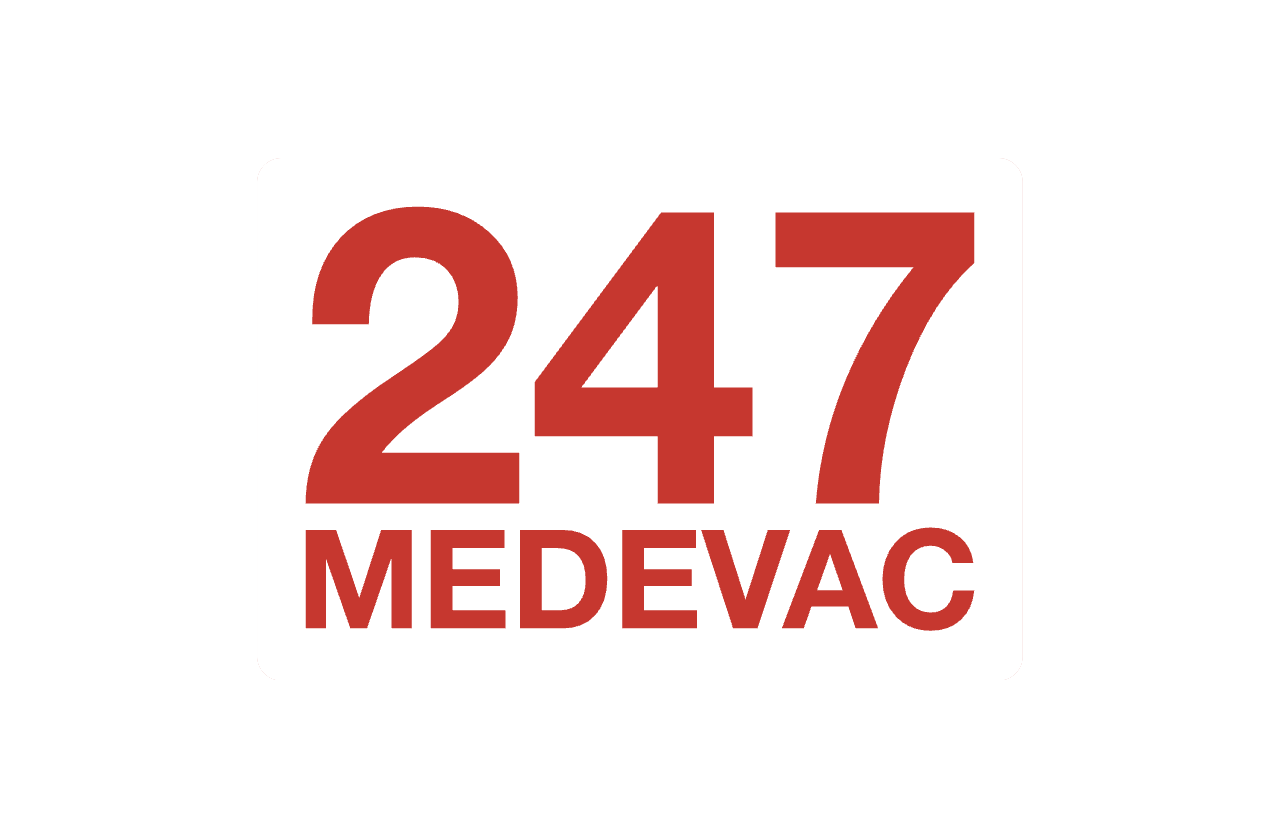Premature Births Abroad: How Air Ambulance Transfers Support Neonatal Care
When a baby is born prematurely, the first hours and days of life are critical. Premature infants often arrive weeks before their expected due date, and their tiny bodies are not yet fully developed. They may struggle with breathing, maintaining body temperature, feeding, or fighting infection, and they often require specialized neonatal intensive care to survive and thrive. When a premature birth occurs abroad, far from advanced neonatal facilities, families are faced with a daunting challenge. Air ambulance transfers provide a vital solution, ensuring that fragile newborns can be safely transported to hospitals equipped with the expertise and resources necessary to provide life-saving neonatal care.
Premature births can happen anywhere and often occur without warning. While some countries have excellent neonatal intensive care units (NICUs), others may lack the facilities, equipment, or trained staff to care for very small or medically complex infants. Even where basic stabilization is possible, the long-term survival and development of premature babies depend on access to specialist neonatal care. Air ambulance transfers bridge this gap, allowing newborns to be moved swiftly and safely to centers where advanced support such as ventilators, incubators, and round-the-clock neonatal specialists are available.
The process of transferring a premature baby by air ambulance requires exceptional planning and expertise. Every detail of the mission must be tailored to the infant’s condition, with aircraft configured to replicate the environment of a neonatal intensive care unit. Specialized transport incubators are used to keep babies warm and stable, providing controlled temperature, humidity, and oxygen levels. These incubators are equipped with integrated ventilators, monitoring systems, and infusion pumps, allowing continuous care during the journey. Because premature babies are highly vulnerable to even the smallest changes in their environment, the equipment is designed to minimize vibration, noise, and disruption during flight.
On board, the medical team typically includes neonatal nurses, pediatricians, or neonatologists trained to care for critically ill infants. These professionals have the expertise to manage complications such as respiratory distress, sepsis, or feeding difficulties, all of which are common in premature babies. Their training allows them to anticipate potential emergencies, from airway obstruction to sudden changes in vital signs, and to act immediately. The ability to deliver advanced neonatal interventions in the air ensures that care is never interrupted during the transfer, giving newborns the best possible chance of survival.
Air ambulance transfers for premature babies are also about providing reassurance to families. Parents faced with the trauma of a premature birth abroad are often frightened and overwhelmed. They may be far from their support networks and uncertain about the quality of local medical care. 247 Medevac provides vital support in these moments by coordinating the entire process with professionalism and compassion. From liaising with local hospitals and securing international flight clearances, to arranging ground ambulances and ensuring seamless handovers at the receiving NICU, every detail is managed. Parents are kept informed throughout, and in many cases are able to travel with their baby, providing emotional comfort during an incredibly stressful time.
For insurance companies, governments, and corporations, neonatal transfers represent a vital service in supporting families during crisis situations. Air ambulance providers like 247 Medevac ensure that obligations are met, whether for travelers, expatriates, or employees stationed abroad. The cost and complexity of these missions are high, but the value of ensuring that fragile newborns reach advanced care is immeasurable. By providing transparent pricing, efficient coordination, and trusted expertise, 247 Medevac makes it possible to deliver life-saving transfers even under the most challenging circumstances.
International neonatal transfers also involve significant logistical challenges. Flight permissions, customs processes, and coordination with health authorities must be secured quickly to avoid delays. Because time is critical for premature babies, every step must be carefully managed. The receiving hospital must be fully briefed on the baby’s condition, expected arrival time, and specific medical needs, ensuring that NICU teams are prepared to begin treatment immediately. 247 Medevac specializes in managing this chain of communication, ensuring seamless transfers that prioritize the safety of the infant above all else.
The importance of timely transfer for premature babies cannot be overstated. Early access to advanced neonatal care is directly linked to survival rates, reduced complications, and improved long-term outcomes. Babies who reach NICUs quickly are more likely to benefit from interventions such as surfactant therapy, advanced ventilation modes, or nutritional support tailored for premature development. By enabling rapid access to these resources, air ambulances transform outcomes for infants who might otherwise face overwhelming odds.
At its core, the role of air ambulance transfers in premature births is about hope. It is about giving the smallest and most vulnerable patients a chance to grow, thrive, and live full lives. It is also about supporting families through one of the most frightening experiences they will ever face, providing not only medical care but also compassion and reassurance.
247 Medevac is proud to provide this essential service, combining advanced neonatal equipment, specialist medical teams, and global operations available 24/7. Every mission reflects a commitment to safety, precision, and dignity, ensuring that premature babies born abroad are given the very best chance of survival and recovery. For families, insurers, and governments alike, the company represents a trusted partner in delivering life-saving neonatal care across borders.
Ultimately, air ambulance transfers for premature babies are more than just medical transport. They are a bridge between crisis and hope, ensuring that fragile newborns are never defined by geography or circumstance. With 247 Medevac, neonatal care is never out of reach, no matter where in the world a child is born.
